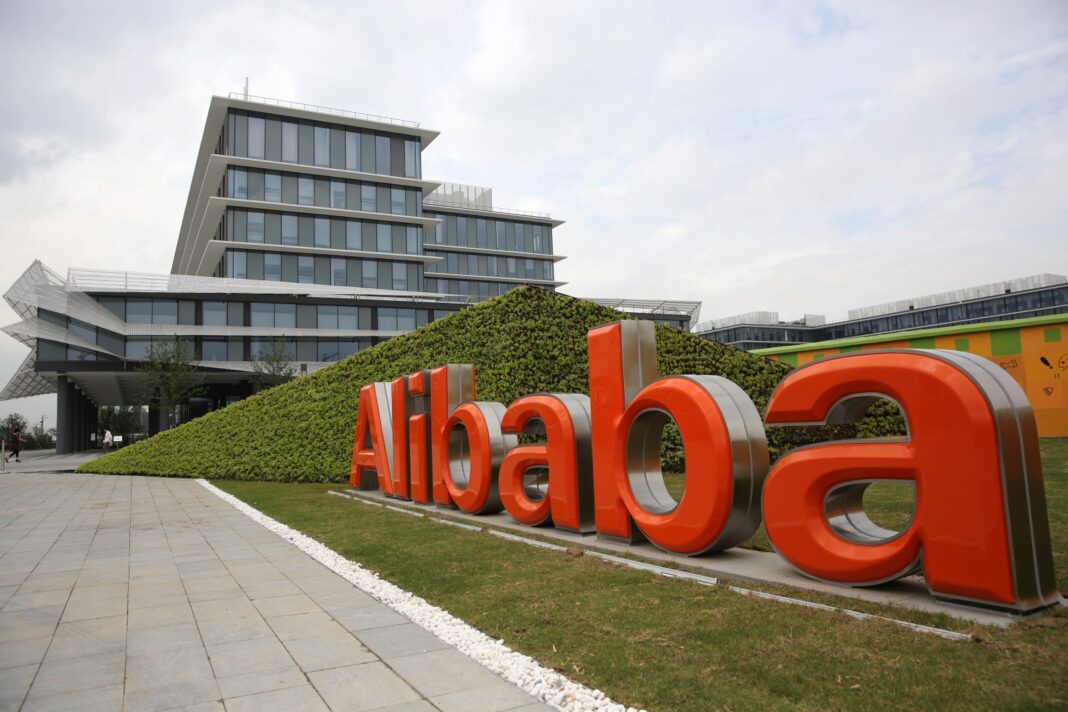HONG KONG, China – Chinese technology giant Alibaba has announced plans to roll out its own artificial intelligence (AI) ChatGPT-style product called Tongyi Qianwen.
The company’s cloud computing unit revealed that it will integrate the chatbot across Alibaba’s businesses in the “near future,” although no specific timeline was provided.
Recently, numerous technology companies worldwide have introduced their own generative AI chatbots.
Earlier this year, Alibaba disclosed that it was developing a competitor to ChatGPT. Tongyi Qianwen, which roughly translates to “seeking an answer by asking a thousand questions,” has not been given an official English name by Alibaba.
Alibaba’s chairman and chief executive, Daniel Zhang, said during the launch of Tongyi Qianwen on Tuesday, April 11, 2023, “We are at a technological watershed moment driven by generative AI and cloud computing.”
The AI chatbot, which is capable of working in both English and Chinese, will first be added to DingTalk, Alibaba’s workplace messaging app. There, it will perform tasks such as converting meeting conversations into written notes, composing emails, and drafting business proposals.
Alibaba also plans to integrate Tongyi Qianwen into Tmall Genie, which is similar to Amazon’s Alexa voice assistant smart speaker. Interest in generative AI has skyrocketed since the release of ChatGPT by Microsoft-backed OpenAI in November. These AI systems can learn from past data to generate content indistinguishable from human work.
Microsoft has invested billions of dollars in the technology, which it added to its search engine Bing in February. Additionally, the company plans to embed a version of ChatGPT into its Office apps, including Word, Excel, PowerPoint, and Outlook.
Alphabet’s Google and Chinese technology group Baidu have also announced their own AI models and launched similar chatbots.
On Tuesday, China’s cyberspace regulator released draft measures for managing generative AI. Under the proposed rules, companies would be held responsible for the legitimacy of data used to train the technology, according to the Cyberspace Administration of China. The public has until May 10 to provide feedback on the proposals.
Last month, high-profile figures in the technology industry, including Twitter CEO Elon Musk and Apple co-founder Steve Wozniak, signed an open letter calling for a suspension of AI system training due to potential risks to humanity. They warned that the race to develop AI systems is “spiralling out of control”.
Meanwhile, a recent investment bank Goldman Sachs report estimated that AI could replace 300 million full-time jobs. In early April, Italy became the first Western nation to block ChatGPT, with the country’s data protection authority citing privacy concerns.







